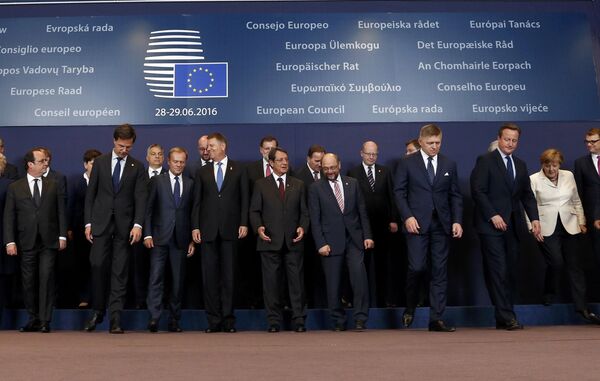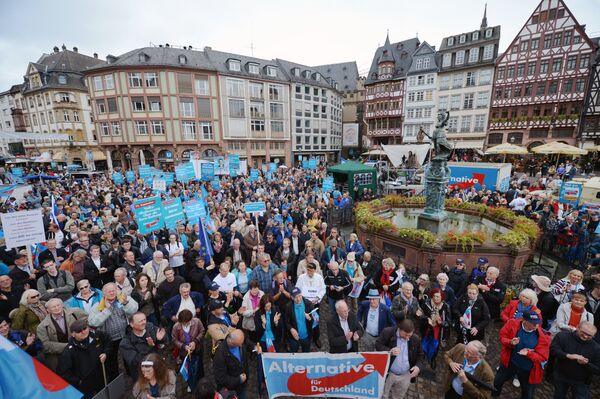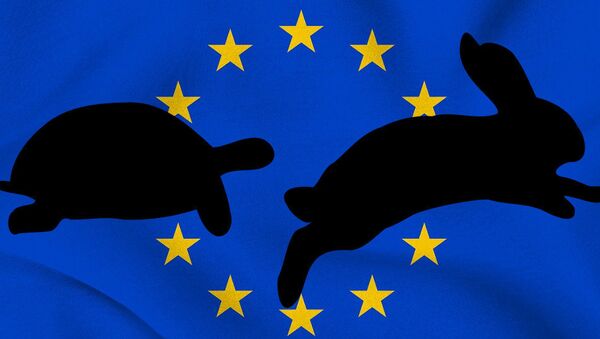Merkel told reporters at a news conference in Malta: "The history of recent years has shown that there will be a multi-speed EU, and not all members will participate in the same steps of integration." Her comments echo those made by many before, but the issue has come to a head in recent years because of growing anti-EU sentiment and right-wing nationalism throughout Europe.
#Malta Prime Minister @JosephMuscat_JM holds bilateral talks with #Germany Chancellor Angela Merkel ahead of #MaltaSummit @EU2017MT pic.twitter.com/MuO7Yw1zZG
— Government of Malta (@MaltaGov) February 3, 2017
"It's not a new idea. We have had this as a suggestion since the early 1990s, going back to the Maastricht Treaty which established the Eurozone and the point then was to stop this thing [a two-speed EU] from happening. Therefore, participating the Eurozone would become a norm for all new members of the union," Dr. Theofanis Exadaktylos, Senior Lecturer in European Politics at the University of Surrey, UK told Sputnik.
Back in November 2015 Guy Verhofstadt, the former Prime Minister of Belgium who now heads the Alliance of Liberals and Democrats in the European Parliament and will be the parliament's chief negotiator over Brexit, wrote in the Independent newspaper: "Many in continental Europe strongly agree with [UK Prime Minister] David Cameron that the European Union of today is not fit for purpose and is in need of fundamental reform."

"Most accept that the direction of travel has shifted towards some form of 'two-speed Europe', broadly based around Eurozone 'ins' and 'outs'. And clarifying these two types of membership would surely be progress, compared with the chaotic multi-speed, hotchpotch EU of today," he wrote.
"I don't think that a two-speed Europe is something that is either viable or desirable at this stage. I think that the most significant thing is that these political leaders are trying to appease their own electorate in the light of the rise of populism within their own countries," Dr. Exadaktylos told Sputnik.
Right across Europe, there has been a surge in support for right-wing, nationalist parties, spurred on by the migration crisis, the exposure of the weakness of the EU's borders, the problems in the Eurozone and terrorism.

This has led to many questioning the whole existence of the EU.
"The citizens of the European union are split between more or less integration, so there is no clear direction from the public as to where this thing should go. Obviously, there is a need for more integration for the Eurozone countries, in order to be able to prevent future debt crises, but that's a different story."
"In any case, the further integration of the Eurozone is provided for in the treaties, it has been foreseen, it's not a new idea. The point here is finding ground between those who are fervently pro-European and those who are fervently anti-European.
"We have pending elections in France, Germany and the Netherlands so I think it's more a political rhetoric, rather than a reality in the short term," Dr. Exadaktylos said.



